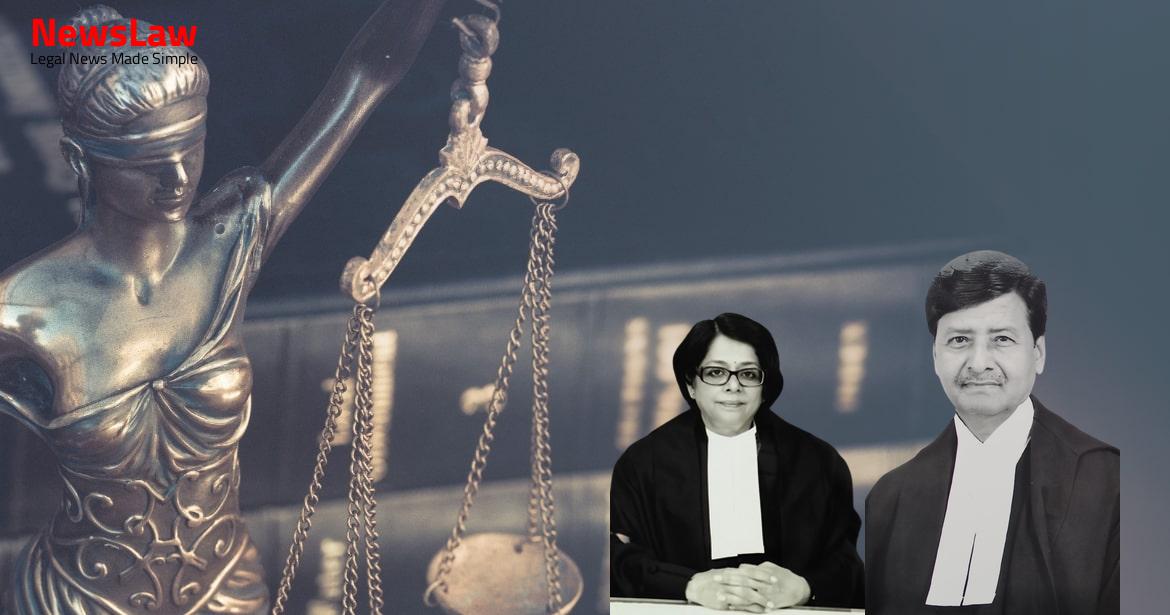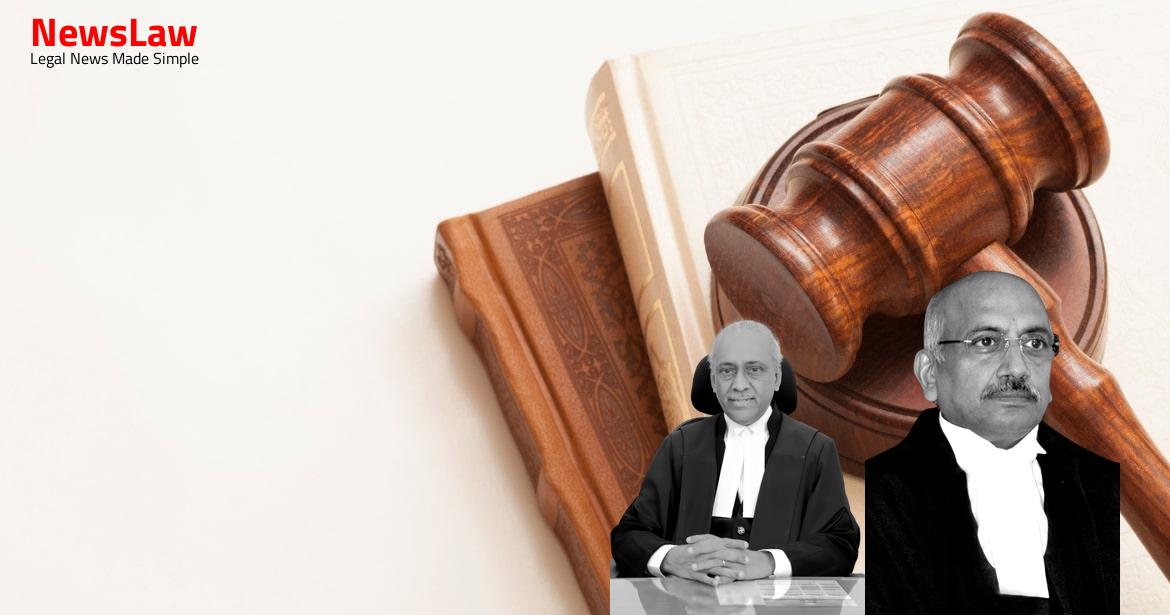In a significant legal battle, the Supreme Court of India recently ruled on the case of ANZ Grindlays Bank v. Heavy Engineering Corporation Ltd. The dispute arose over the invocation of bank guarantees related to a plant and equipment supply contract. The court’s decision highlights the key principles surrounding bank guarantees and the obligations of banks in honoring them. Read on to learn more about this crucial judgement.
Facts
- The dispute arose over two bank guarantees provided by the appellant Bank to cover losses in supply of plant & equipment.
- The Division Bench held that the bank guarantees were properly invoked by Original Name and decreed in their favor.
- Appellant argues that the invocation exceeded the terms of the bank guarantees and lacked proper apportionment of losses.
- Appellant cites precedents to support their argument against the validity of the invocation.
- Original Name argues that as per legal precedents, the bank guarantee is an independent contract and must be honored by the bank.
- Legal counsel for Original Name states that the bank’s obligation is independent of any disputes between the parties unless fraud is involved.
- Bank guarantees were furnished by ANZ Grindlays Bank on behalf of Simon Carves India Ltd. to HEC.
- The bank guarantees were intended to cover any loss or damage caused by SCIL’s breach or failure in performing the contract.
- HEC suffered losses due to SCIL’s failure to complete the equipment supply as per the contract terms.
- HEC demanded encashment of the bank guarantees in accordance with the terms of the guarantees.
- ANZ Grindlays Bank refused to honor the demand for encashment, citing that the invocation was not in accordance with the guarantee terms.
- Several letters were exchanged between HEC and ANZ Grindlays Bank regarding the encashment of the guarantees.
- HEC eventually filed a suit for the decree of Rs. 1,10,33,207.07/- along with interest against ANZ Grindlays Bank.
- The suit was initially dismissed, leading to an appeal by HEC before the Division Bench of the High Court of Calcutta.
Also Read: Impactful Judgement: Filing of Revised Income Tax Returns Post Amalgamation
Analysis
- The appellant bank was obligated to pay upon demand made in compliance with bank guarantees.
- Exceptions to non-intervention rule include cases of fraud, irretrievable injustice, or special equities.
- Dispute between beneficiary and party with bank guarantee is immaterial.
- Courts should be cautious in granting injunctions to stop bank guarantee realization.
- The guarantees in this case were unconditional, specific, and limited in amount.
- Letters exchanged confirmed compliance with guarantee conditions for invocation.
- Bank guarantee covered losses due to SCIL’s breach in plant and equipment supply contract.
- Court should not interfere with guarantee invocation if in accordance with terms.
- Initial letter of invocation was inadequate, lacking specific conditions for claim.
- Bank guarantee is an independent contract between bank and beneficiary, must be honored if unconditional and irrevocable.
- The bank guarantee should be in unequivocal terms, unconditional, and should recite that the amount would be paid without demur or objection, irrespective of any dispute.
- The terms of the bank guarantee are extremely important as it represents an independent contract between the bank and the beneficiary.
- Principles for granting or refusing injunction to restrain the enforcement of a bank guarantee include: a) Beneficiary is entitled to realize an unconditional bank guarantee; b) The bank must honor the guarantee as per its terms despite any dispute raised by its customer.
- Fraud of a severe nature or irretrievable harm to one of the parties are exceptions where an unconditional bank guarantee may be restrained from encashment.
- A bank guarantee is an independent and distinct contract, not qualified by the underlying transaction, and unless fraud or special equity exists, the beneficiary cannot be restrained from encashing it.
- The predecessor of Standard Chartered Bank, ANZ Grindlay’s Bank, had opened a fixed deposit of Rs. 91,67,600 on May 18, 2001.
- The fixed deposit was lien marked to Heavy Engineering Corporation Ltd. and is currently held under the control of the Registry of the High Court of Calcutta.
- The current value of the fixed deposit is Rs. 2,32,69,129.71.
- The total liability under the impugned order as of the present date amounts to Rs. 2,78,03,681.64.
Also Read: Shifting of Liquor Shop: Landmark Judgement by Supreme Court
Decision
- Leave granted.
- Pending application(s) disposed of.
- Appeal dismissed for lack of merit.
- No costs to be borne by the appellant Bank.
- Money in the account to be released in favor of the Bank.
Case Title: STANDARD CHARTERED BANK Vs. HEAVY ENGINEERING CORPORATION LTD.
Case Number: C.A. No.-009288-009288 / 2019



